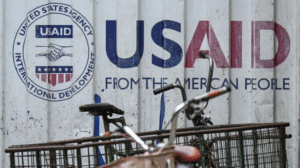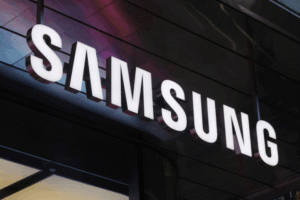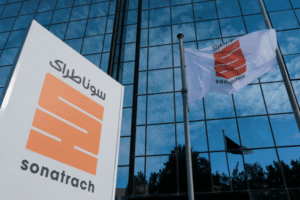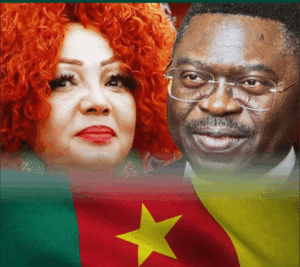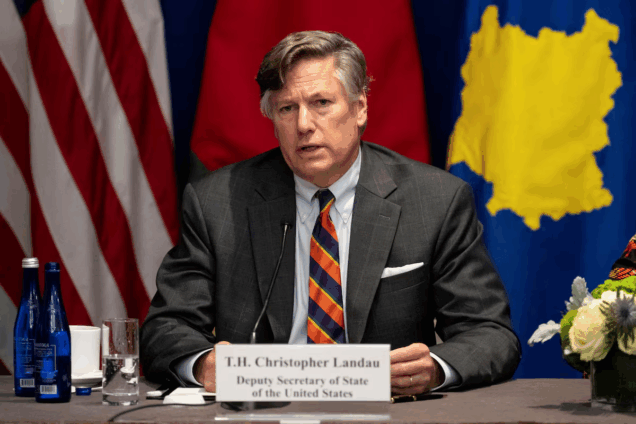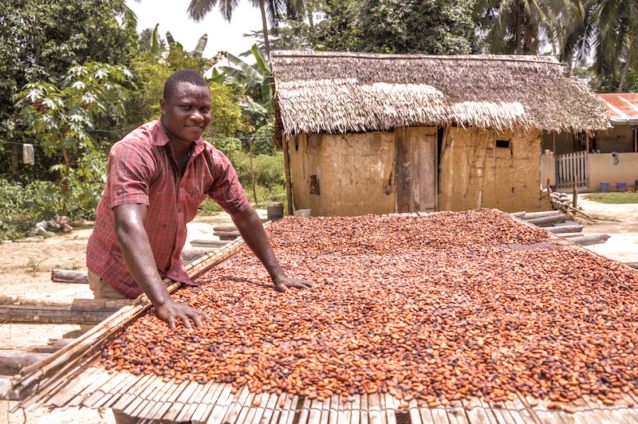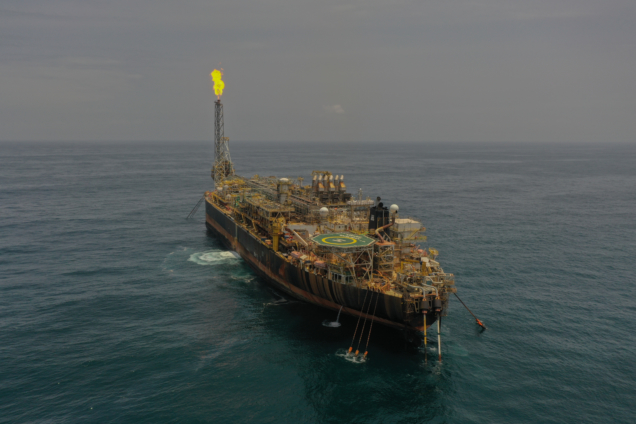Tom Saintfiet has revealed how close he was to being appointed as head coach of the Black Stars, but the Ghana FA decided to go for another coach.
Saintfiet confirmed holding discussions with the country’s football governing body for “four hours” regarding the then-vacant job following the dismissal of Chris Hughton after a winless 2023 Africa Cup of Nations in Ivory Coast.
“It’s true that at that moment, after AFCON, around AFCON, there were talks… but I had a feeling I was close to the Black Stars job,” Saintfiet said.
“I spoke about four hours, I think in total, with the Ghana Federation, with Kurt [Okraku] and Mark [Addo, the President and Vice President]… but in the end they decided to go for another coach.”
Otto Addo was hired by the FA in March 2024 for his second stint as Black Stars gaffer.
Saintfiet, who led Gambia to their first-ever last eight in the 2021 AFCON, was appointed as Mali head coach in August 2024 and is unbeaten in nine competitive matches, including six wins.
The two coaches collide in Matchday Eight of the World Cup qualifiers on Monday, September 8.
Ghana sit at the summit of Group I with 16 points, four ahead ahead of fourth-placed Mali.



